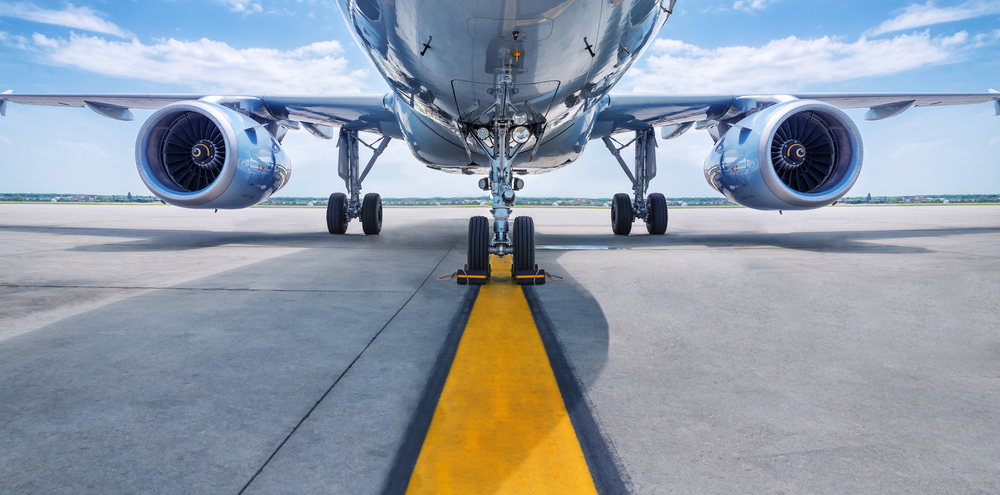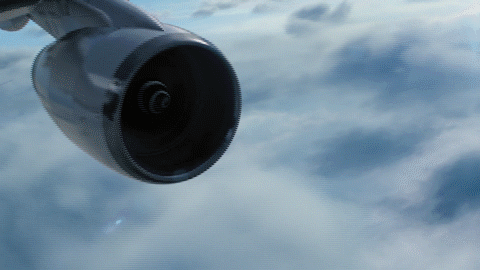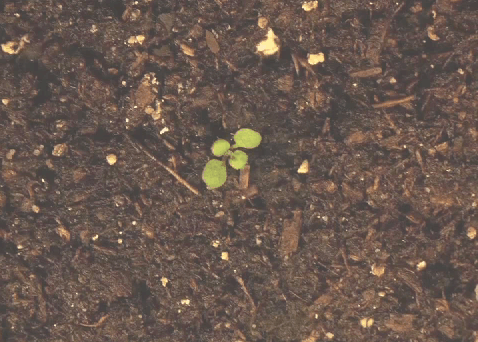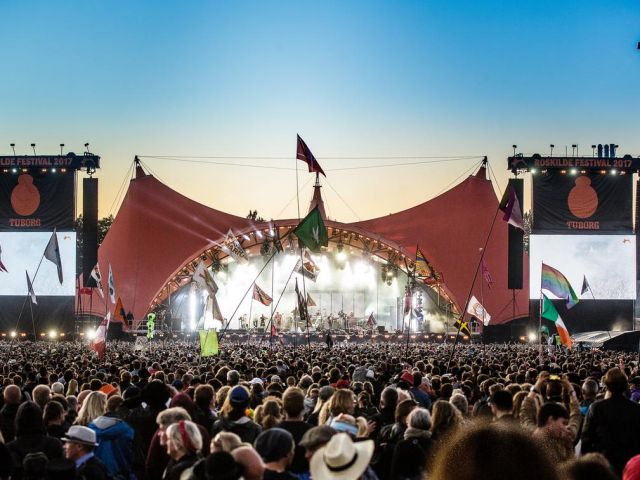Is it responsible to fly nearly 90 people to a conference in Boston?

(Photo: Shutterstock)
For this year’s Academy of Management conference in Boston, 88 people from CBS have been chosen to participate. This will cost about 300,000 kilograms of CO₂ if everyone goes by plane. The Dean of Research explains that they’ve started to track emissions from flight travel and have found that researchers appear to be skipping conference travel. We talked to one researcher who ditched this year’s AOM conference in order to reduce his carbon footprint.
The Academy of Management (AOM) conference (August 9 – 13 2019) is THE conference that most researchers from CBS participate in. And this year is no exception. A total of 84 CBS researchers has been accepted to participate in the conference, located in Boston in the US, along with the President of CBS, Nikolaj Malchow-Møller, the Dean of Research, Søren Hvidkjær, Louise Seest, Head of CBS Business and Liselotte Skovsgaard Jessen from the President’s Office.
Using atmosfair.de’s CO2 calculator, the trip – if everyone on the list (88) goes to Boston – amounts to about 300,000 kilograms of CO2. That’s the equivalent to the energy used by 35.9 homes over the course of one year or 38,253,695 charged smartphones, according to the United States Environmental Protection Agency.
Søren Hvidkjær acknowledges that flying more than 80 people to participate in a conference in Boston is challenging from a climate perspective. But due to the size of the AOM conference – it attracts more than 10,000 participants – and popularity, the researchers and CBS as an institution gain a lot from going, he argues.
“Of course, a general challenge with conferences is that bringing people together emits carbon. Therefore, researchers can prioritize which conferences to attend and clearly the AOM conference is among the very top conferences within several research fields at CBS,” he says and explains that going to conferences is an integrated part of the work of a researcher and one of the most important ways of communicating one’s research.
“It’s also worth mentioning that a lot of CBS’ researcher recruitment takes place at international conferences, including the AOM’s. It’s a very efficient way of meeting and interviewing a large number of potential candidates. And the most skilled researchers only come to CBS if they know that they can participate in international conferences. So while we can disincentivize excessive travelling, directly restricting conference participation would be detrimental for our ability to attract and retain the best researchers,” says Søren Hvidkjær.
Should I stay or should I go?
Two papers by Associate Professor, Andreas Wieland from the Department of Operations Management have been submitted and accepted at this year’s AOM conference. However, Andreas Wieland will not be presenting them.
His American co-authors will do it instead.
“It’s not that I’ll never fly to a conference in the U.S. again, but when I submitted the papers to the AOM, I knew that my co-authors would already be attending. I can’t see why being in a plane for several hours and emitting three tons of CO2 just to drink two or three glasses of prosecco with people I already know makes a lot of sense. At least, in this case, it didn’t make sense to me. I have decided to fly to conferences, especially non-European ones, only if I can clearly see a benefit,” he says and explains that he knows other colleagues who too try to reduce their number of work-related flights.
In May 2018, he and 300 Danish researchers signed a call to arms on climate change and argued that the consideration for economic growth had to yield for a more ambitious climate policy.
Signing the letter was a natural decision for Andreas Wieland, whose field of research covers global supply chains.
“After having studied global supply chains for many years, the dark sides of consumerism became clearly evident to me. This includes child work, deforestation and also emissions – and we shouldn’t remain silent about what we see. And that’s why I signed the letter, but it’s also an expression of my lifestyle, really. I don’t have a car and I’ve been a vegetarian for many years,” he says.
Researchers stayed at home last year
In December 2018, 700 researchers from Denmark’s eight universities – including people from CBS – signed and forwarded an open letter to the universities’ leadership around the country with an appeal to start a global transition to a greener society. Responding to this, Kirsten Winther Jørgensen, the University Director on behalf of the Senior Management at CBS, told CBS WIRE:
“We regard the letter as a deep concern for the climate. This is a concern that we share, and we are positive about the request.”
And continued:
“The Senior Management Team is discussing a number of new initiatives, including limiting the climate impact in terms of the number of flights. This includes discussing a possible introduction of CO2 quotas and internal CO2 taxation as an incentive to reduce the number of flights for work-related purposes.”
Søren Hvidkjær explains that the Senior Management team maintains this position and that carbon emissions played a part when deciding who should go to this year’s AOM conference.
“Senior Management has participated in the AOM conference for several years. However, in light of our concerns about carbon emissions, only Nikolaj Malchow-Møller and I will be going this year. We look forward to attending several of the sessions with CBS participation,” he says and adds that he has noticed a trend among the researchers.
“Our expenditure suggests that CBS researchers did in fact participate in fewer conferences last year as the overall cost for conferences and travel fell by 14%. It’ll be interesting to see if this trend continues,” he says.
Make a CO2 budget
Currently, CBS’ sustainability strategy proposes that CBS creates a policy concerning work-related flights as a way to limit CBS’ overall carbon footprint, and Kirsten Winther Jørgensen mentioned that different initiatives were being discussed in the Senior Management team. But what is CBS’ position at the moment?
“Instead of just looking at participation in individual conferences, we’re tracking the estimated emissions from flight travel for each of the academic departments. This gives us the ability to have an informed conversation about emissions,” says Søren Hvidkjær.

It was Andreas Wieland’s decision not to attend the AOM conference this year, but he’s been thinking about what CBS could do to limit the organization’s carbon footprint. And he has an idea.
“When attending a conference, I have to make sure that the price for a hotel room is within a certain budget. But what about introducing a budget for CO2 emissions so that you have a certain amount available each year, say one ton?” he suggests and continues:
“I could then travel to Hamburg by train if I want to save up for a flight to Barcelona, or would have to save my CO2 budget over three years to fly to Boston. So when you have reached your budget, you simply can’t travel anymore. Those who will get a bonus in the annual bonus rounds could also automatically get a CO2 bonus. CBS should of course compensate every single ton.”





































































































































Comments